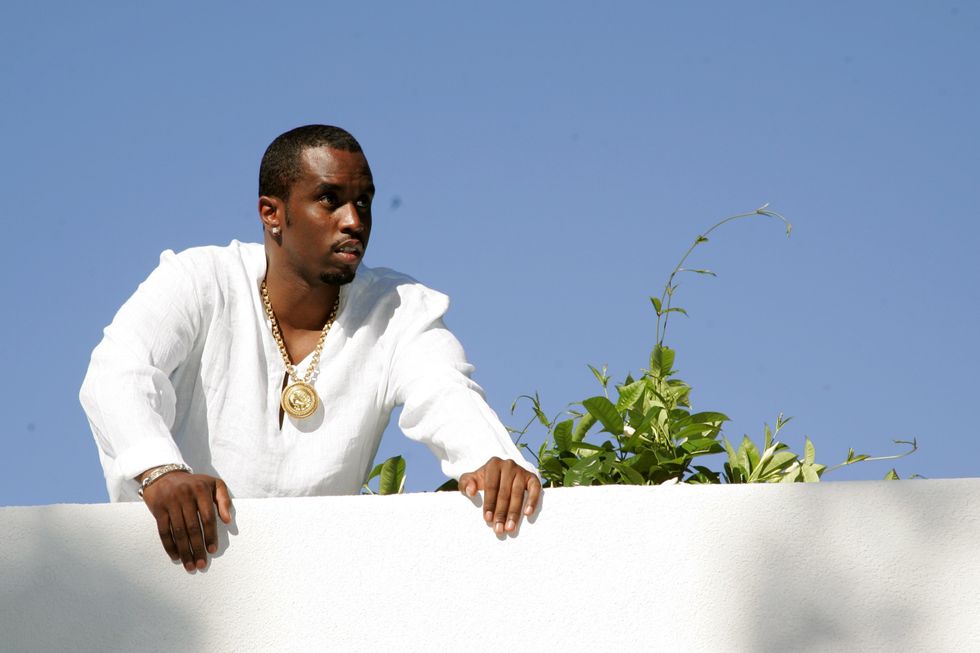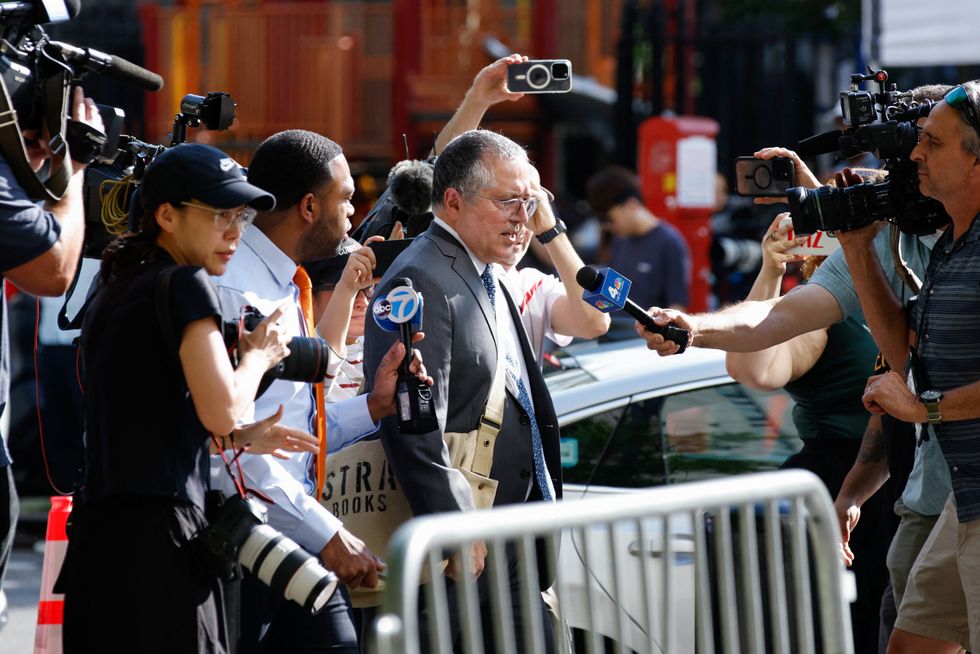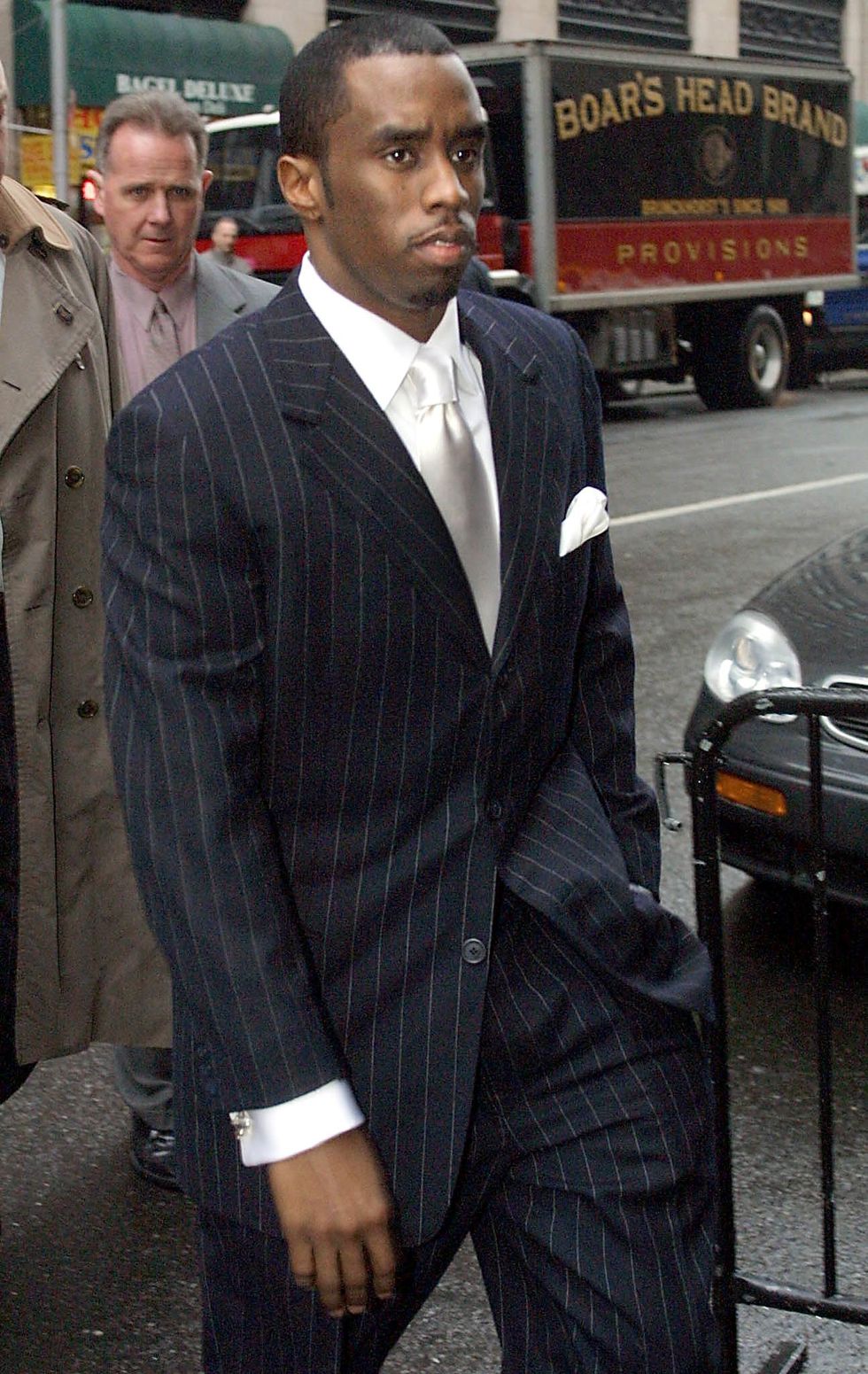West Indies legend Vivian Richards is pinning his hopes on the current team to pose a tough challenge to Virat Kohli's battle-hardened outfit in the upcoming assignments in the Caribbean.
India will play three T20s, as many ODIs and two Tests in their upcoming tour of West Indies, starting August 3 in Florida, United States. The two Tests will be played as a part of the ICC Championship.
"India-West Indies series have always seen explosive action and I don't expect anything less this time around. With the current form of the West Indies team, I look forward to them giving a tough competition to the Indian side," Richards was quoted as saying in a media release issued by official broadcasters Sony Pictures Sports Network.
Former India captain Sunil Gavaskar, who made a memorable Test debut in the West Indies in 1971, said he has "respect" for players from the Caribbean.
"West Indies will always hold a very special place in my heart since I started my career over there and have immense respect for their players," said Gavaskar.





 Apsana Begum
Apsana Begum









 Diddy trial jury raises alarm over juror and demands key witness testimoniesGetty Images
Diddy trial jury raises alarm over juror and demands key witness testimoniesGetty Images  Marc Agnifilo, attorney for Sean "Diddy" Combs, arrives at federal courtGetty Images
Marc Agnifilo, attorney for Sean "Diddy" Combs, arrives at federal courtGetty Images  Sean 'Puffy' Combs arrives at Manhattan Supreme Court in 2001Getty Images
Sean 'Puffy' Combs arrives at Manhattan Supreme Court in 2001Getty Images

